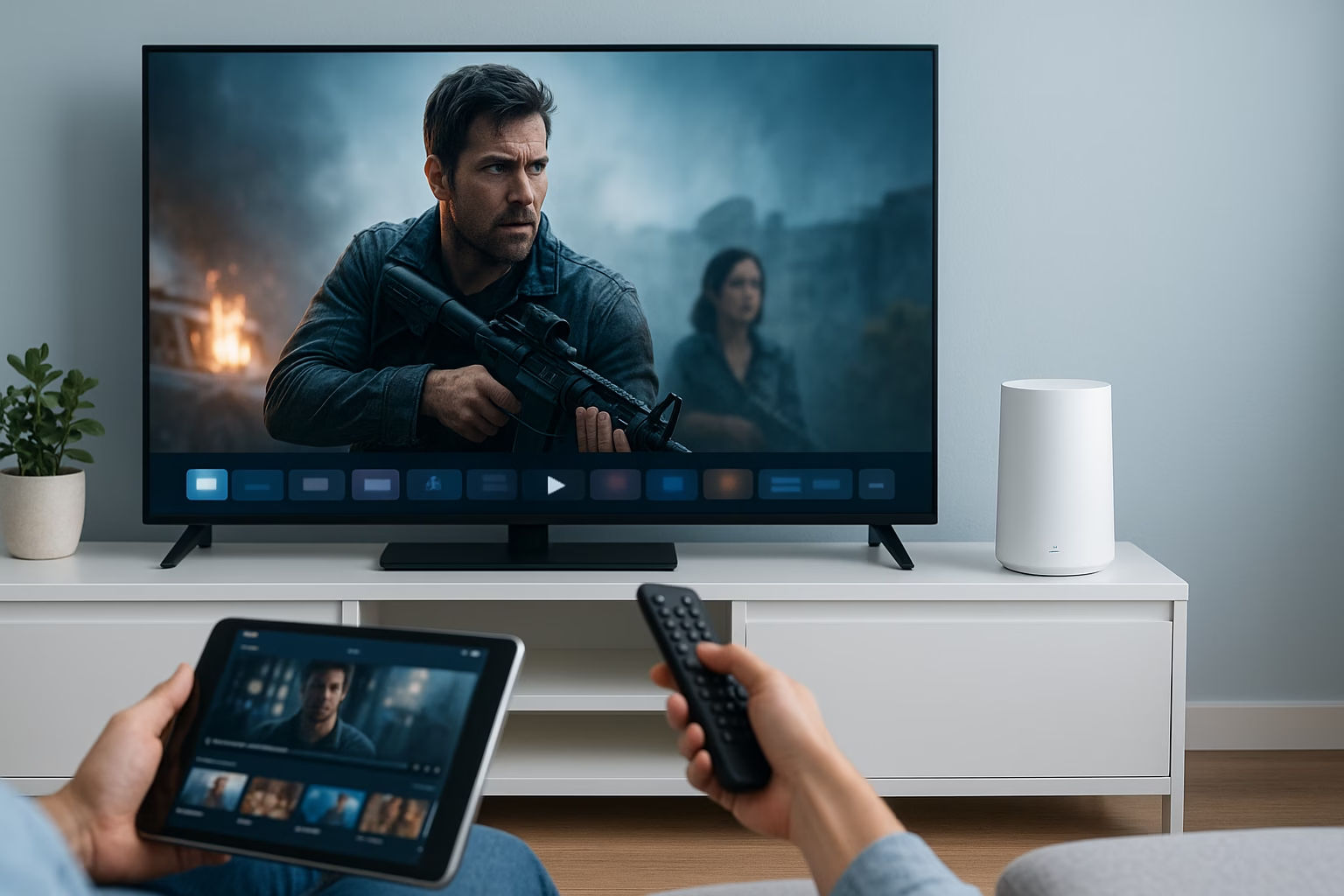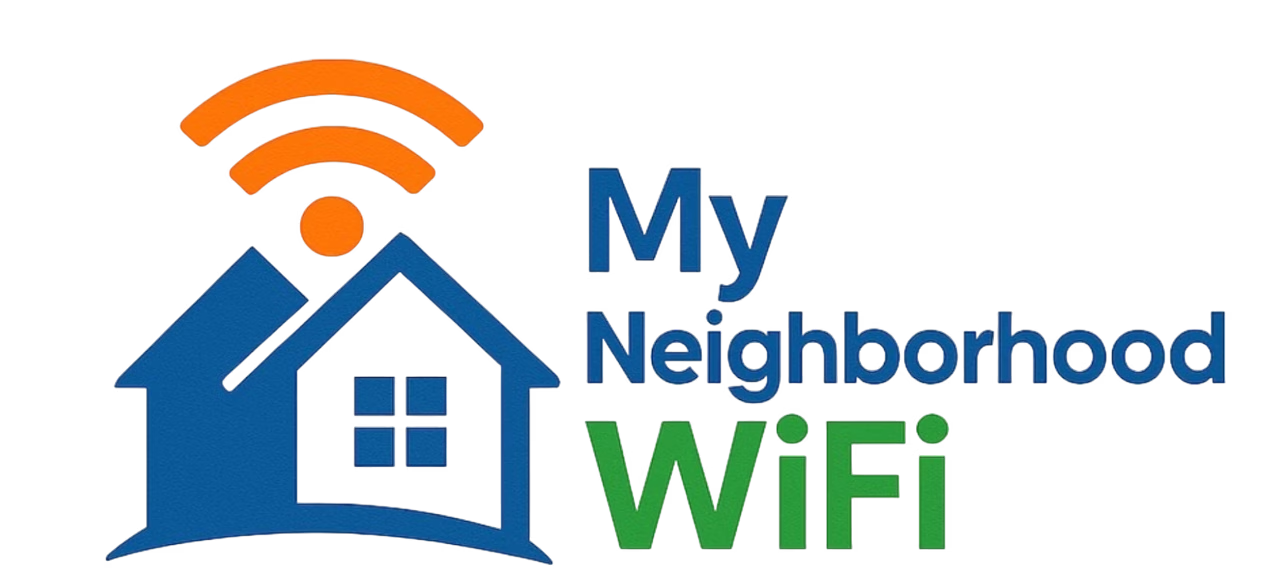
If you love binge-watching your favorite shows or diving into the latest blockbuster, then you know how frustrating buffering can be. Having the best internet for streaming movies and TV without buffering can make the difference between an immersive experience and a choppy nightmare. In this guide, we’re going to break down everything you need to know about getting smooth streaming at home without those annoying interruptions.
Why Buffering Happens
Before we dive into internet choices, let’s look at why buffering even happens. Understanding this can help you figure out whether it’s your internet connection or something else causing the issue.
- Insufficient Bandwidth – If your internet plan doesn’t provide enough speed, your movie stream will pause to catch up.
- Too Many Connected Devices – Smart TVs, phones, laptops, and gaming consoles all compete for bandwidth.
- Weak Wi-Fi Signal – Dead zones or distance from your router can weaken signals, leading to buffering.
- Streaming Resolution – 4K streaming requires a stronger connection than 1080p HD or lower resolutions.
What Internet Speed Do You Really Need?
Streaming platforms like YouTube and Netflix recommend different speeds depending on video quality:
| Video Quality | Recommended Speed |
|---|---|
| Standard Definition (SD) | At least 3 Mbps |
| High Definition (HD) | At least 5–10 Mbps |
| 4K Ultra HD | At least 25 Mbps |
Keep in mind these recommendations are per stream. If your household has multiple people watching at the same time, you’ll need faster speeds.
Factors That Impact Streaming Performance
1. Bandwidth Sharing
If multiple users are gaming, video calling, or streaming at once, your connection may stretch thin. To avoid buffering, calculate your needs based on how many devices are active at the same time.
2. Router Quality and Placement
Your router plays a massive role in Wi-Fi stability. A modern router helps spread the signal evenly and reduces dead zones. Place it in an open, central area for the best results. You can also check out community discussions on router setup in places like Reddit’s HomeNetworking forum.
3. Wired vs. Wireless Connections
If possible, connect your streaming device via Ethernet. A wired connection is almost always faster and more stable compared to Wi-Fi.
4. Video Resolution Settings
Platforms like YouTube let you manually adjust streaming quality. If your internet isn’t strong enough, dropping from 4K to 1080p might eliminate buffering.
How to Optimize Your Wi-Fi for Streaming
Even if you pay for a fast plan, a poorly optimized network can hold you back. Try these steps to improve your connection:
- Use a dual-band or tri-band router for separating devices.
- Enable Quality of Service (QoS) in router settings to prioritize streaming.
- Position your router away from walls, floors, or metal interference.
- Upgrade outdated routers that don’t support Wi-Fi 6 technology.
Best Practices for Streaming Enthusiasts
Test Your Speed Often
Run free speed tests regularly to confirm you’re getting what you pay for. If you notice consistent slowdowns, you may need to troubleshoot your network or upgrade your plan.
Limit Background Usage
App updates, large downloads, and cloud backups can hog bandwidth. Schedule these tasks for times when you’re not streaming.
Check Device Capabilities
Some older smart TVs or streaming sticks may not handle modern video compression as well as newer ones. Replacing outdated hardware can improve performance dramatically.
Tips for Families and Multi-User Households
Streaming without buffering can be especially tough when the whole household is online. Here’s how to manage the load:
- Get a plan that offers enough speed for everyone.
- Use parental controls or scheduling to manage device usage during peak times.
- Separate smart devices (like security cameras) onto different frequency bands.
Understanding Streaming Services’ Requirements
Each streaming service has slightly different needs. For example, Netflix recommends at least 25 Mbps for 4K, but some YouTube streams may require more, especially for HDR content. Community discussions—like those on Quora—can give you insight into real-world experiences with buffering across different platforms.
Do You Need Unlimited Data?
If you stream frequently, you’ll want an internet plan without restrictive data caps. Streaming in HD or 4K consumes large amounts of data each month. Always check your plan’s terms, especially if multiple people use the service daily.
Streaming Without Buffering: A Checklist
Use this quick checklist to keep your streaming smooth:
- Enough bandwidth for the household
- Updated router supporting modern Wi-Fi standards
- Central router placement or mesh Wi-Fi system
- Ethernet connection for your primary streaming device
- Regular speed tests
- Streaming resolution adjustments if needed
Community Insights on Buffer-Free Streaming
Many users share their experiences with building the perfect streaming setup on platforms like Reddit or YouTube. These platforms are great for seeing real-world solutions to buffering issues, router configurations, and troubleshooting tips.
Final Thoughts
Buffering doesn’t have to ruin your movie night. The best internet for streaming movies and TV without buffering comes down to ensuring you have enough speed, the right equipment, and good Wi-Fi optimization. With the right setup, you can enjoy smooth, high-quality streams every time—no interruptions, just entertainment.
“Most inquiries are answered within the same day”
Written by admin
Content writer and tech enthusiast sharing insights on internet connectivity.



